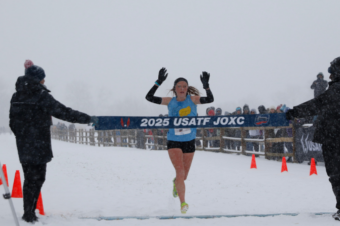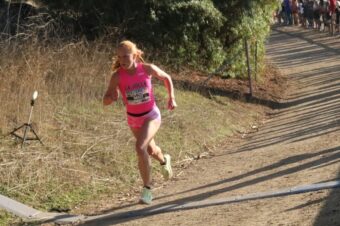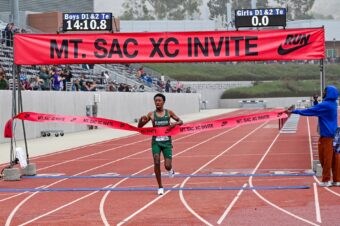UNDERSTANDING THE IMPACT OF CONCUSSION TREATMENTS
Health & Fitness February 13, 2012 SportStars 0
DR. ANDREW L. NASH
One of the hottest topics in the world of both professional and amateur sports is the diagnosis and management of concussions in athletes. How these injuries are managed has changed substantially over the past 10-15 years.
The approximately 3 million sports-related concussions annually in this country is most likely a gross underestimation, as many of these injuries are either not reported or not even recognized as happening. Statistically, female athletes report more concussions than males. Women’s soccer is second only to football as the sport with the highest concussion rate.
There is a lot of misinformation regarding concussions. One misconception is that an individual must be knocked out to suffer a concussion. This is absolutely false. In most cases there is no loss of consciousness. Another myth surrounding concussions is that a normal CT scan of the head rules out a concussion. Also false. In cases of severe trauma, a CT scan may be done to rule out a brain hemorrhage or skull fracture. However, in most cases of concussion, CT and other imaging is normal.
A concussion is a metabolic derangement that follows a jarring of the brain inside the skull. In some instances, the athlete may not even take a direct blow to the head. A hit to the body, that jars the head and neck may transmit enough force to result in a concussion. After suffering one concussion, an athlete’s risk of having a second one increases five-fold.
Adolescents typically experience fewer concussion symptoms than adults. Thus, after a sig- nificant head injury, a teen athlete may be minimally symptomatic despite the fact that their brain has sustained a significant trauma. When an adolescent does have symptoms, such as dizziness or headache, they have probably suffered a greater level of injury than an adult with the same symptomatology.
This creates a diagnostic problem for physicians. How do we determine when an athlete has sustained a concussion, and how do we determine when they are ready to return to play? De- spite reporting that their symptoms are resolved, their brain may still be recovering.
A key to solving this puzzle is ImPACT. ImPACT stands for Immediate Post-concussion Assessment and Cognitive Testing. This tool is a computer based test that assesses reaction time, processing speed, and memory. The test is inexpensive and provides detailed information about an individual’s cognitive functioning. Ideally the test is administered to an athlete prior to the start of the season and repeated every 2 years. In the event of a suspected concussion, the athlete in question should be immediately pulled from practice or play and closely observed.
California law requires adolescent athletes suspected of having a head injury to be cleared by a medical provider, trained in concussion management, prior to returning to play. In the event that baseline ImPACT has been completed prior to the injury, follow up testing can greatly facilitate the determination of whether the athlete is impaired. When no baseline test is available, ImPACT testing can still be helpful. It is, of course, much more meaningful to compare an individual’s post- injury cognitive ability with their own unique brain function prior to the trauma. Without a record of pre-injury functioning, a more cautious recovery plan may be prescribed.
Once it is determined the individual’s subjective concussion symptoms have resolved, their exam has returned to normal, and followup ImPACT testing has returned to expected, baseline levels, then the athlete can begin a stepwise return to play protocol. By utilizing ImPACT, both prior to starting the season and as a helpful diagnostic tool in the event of a suspected concussion, the concussion specialist can more accurately determine the degree of injury sustained and the length of time required to fully recuperate.
In this way our adolescent athletes can be returned to play after a suspected concussion as quickly and as safely as possible.
Dr. Nash is a board certified pediatrician and Credentialed ImPACT Consultant practicing at 1-to-1 Pediatrics in Danville. Contact him at (925) 362-1861, [email protected] or at www.1to1Pediatrics.com.
SportStars
SportStars Magazine: High School Sports Articles Online SportStars is your go-to source for the very best high school sports articles in California. Player and team profiles, game coverage, health and fitness tips and the largest Camps, Clinics & Combine resource for athletes. We're the story behind the stats.









No comments so far.
Be first to leave comment below.